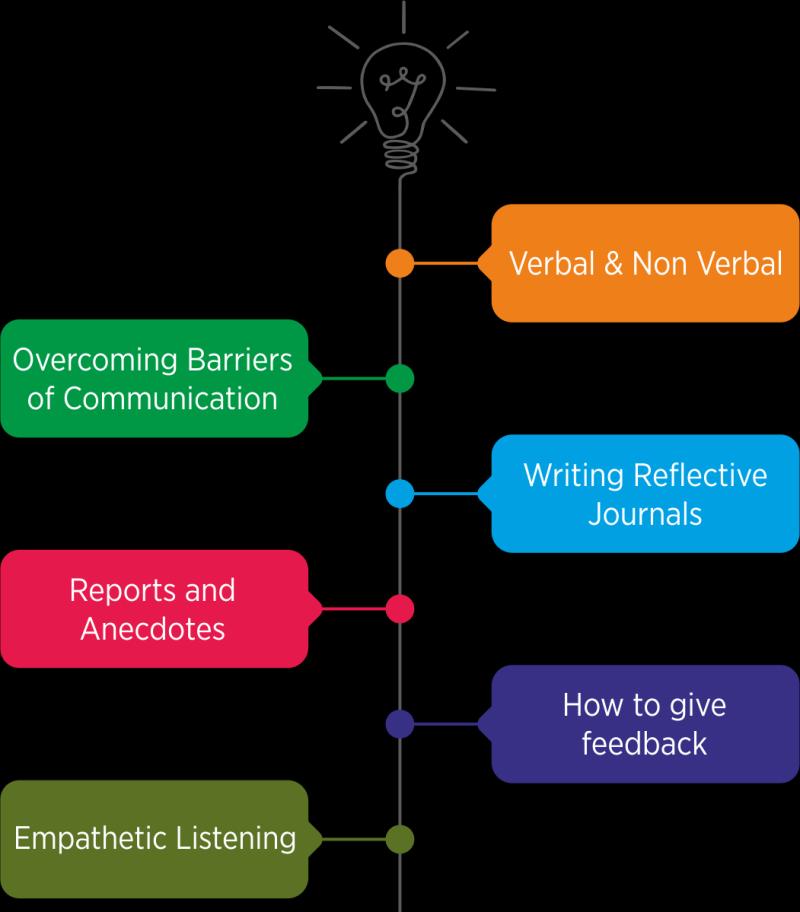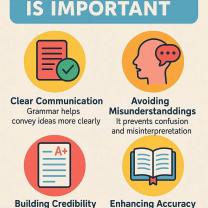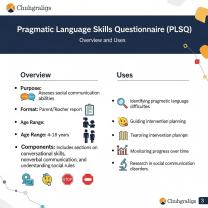Why is effective communication important in teaching?
Effective communication is crucial in teaching for several reasons:
Clarity of Instruction: Effective communication ensures that teachers can clearly convey their instructions, explanations, and expectations to students. Clarity reduces misunderstandings and helps students grasp the subject matter more effectively.
Student Engagement: Engaging students requires effective communication. Teachers who can express enthusiasm, passion, and interest in the subject matter are more likely to capture students' attention and foster a positive attitude toward learning.
Building Rapport: Communication is key to building positive relationships between teachers and students. When teachers communicate in a supportive and empathetic manner, students are more likely to feel comfortable, respected, and understood.
Feedback and Assessment: Communication is essential for providing constructive feedback on students' work. Teachers need to communicate clearly about strengths, areas for improvement, and specific ways students can enhance their understanding and performance.
Classroom Management: Clear communication contributes to effective classroom management. When teachers communicate expectations, rules, and consequences clearly, students are more likely to understand and follow them, creating a positive and organized learning environment.
Adaptability: Effective communication allows teachers to adapt their teaching methods to suit the diverse learning styles and needs of students. Being able to explain concepts in multiple ways and using varied instructional strategies enhances student comprehension.
Parental Involvement: Communication with parents is crucial for a student's academic success. Teachers who can effectively communicate with parents about students' progress, achievements, and areas for improvement create a supportive network that enhances the learning experience.
Motivation: Teachers play a vital role in motivating students. Effective communication involves inspiring and encouraging students to set and achieve goals, fostering a sense of self-efficacy and a desire for continuous learning.
Conflict Resolution: In any educational setting, conflicts may arise among students or between students and teachers. Effective communication skills are essential for resolving conflicts in a constructive and positive manner, maintaining a healthy learning environment.
Teacher Collaboration: Teachers often work in teams or collaborate with other staff members. Clear communication is essential for effective collaboration, enabling teachers to share ideas, resources, and best practices to enhance the overall quality of education.
In summary, effective communication is fundamental to creating a positive and productive learning environment. It promotes understanding, engagement, and collaboration, contributing to the overall success of both teachers and students in the educational process.
Why does effective communication play a crucial role in the teaching profession?
Effective communication plays a truly crucial role in the teaching profession for several essential reasons:
1. Fostering understanding and engagement: Clear and concise communication helps teachers explain complex concepts in a way that students can understand. This engagement is vital for knowledge retention and fostering a love for learning. Conversely, poor communication can lead to confusion, disengagement, and frustration.
2. Building strong relationships: Effective communication goes beyond delivering information. It involves active listening, empathy, and respect, which are crucial for building strong relationships with students. These relationships create a safe and supportive learning environment where students feel comfortable asking questions and taking risks.
3. Providing meaningful feedback: Effective feedback motivates students, guides their learning, and helps them close the gap between their current state and desired learning outcomes. Clear and constructive communication ensures that feedback is understood and actionable, promoting self-improvement and goal achievement.
4. Managing classroom behavior: Effective communication allows teachers to set clear expectations for behavior, deliver instructions efficiently, and resolve conflicts constructively. By using "I" statements, active listening, and problem-solving strategies, teachers can guide students towards positive behavior choices and minimize disruptions to the learning process.
5. Collaborating with colleagues and parents: Effective communication is essential for building strong partnerships with colleagues and parents. Teachers need to communicate effectively to share student progress, discuss concerns, and work together to support each student's development.
6. Promoting a positive learning environment: The way teachers communicate sets the tone for the entire classroom atmosphere. Enthusiasm, encouragement, and positive reinforcement can motivate students and create a space where learning feels enjoyable and meaningful. Conversely, negative communication can create a stressful and unproductive environment that hinders learning.
Overall, effective communication is the cornerstone of successful teaching. It allows teachers to connect with their students, deliver knowledge effectively, and create a positive learning environment where everyone can thrive. By honing their communication skills, teachers can become more effective educators and make a lasting impact on their students' lives.
I hope this explanation sheds more light on the critical role of communication in the teaching profession.













